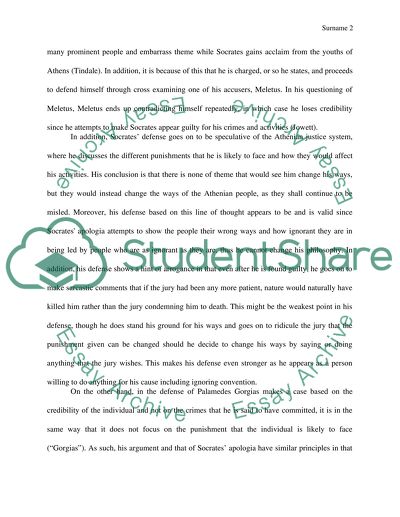Cite this document
(“Comparison and contrast of the apologia of Socrates and the defense Term Paper”, n.d.)
Retrieved from https://studentshare.org/philosophy/1469235-comparison-and-contrast-of-the-apologia-of
Retrieved from https://studentshare.org/philosophy/1469235-comparison-and-contrast-of-the-apologia-of
(Comparison and Contrast of the Apologia of Socrates and the Defense Term Paper)
https://studentshare.org/philosophy/1469235-comparison-and-contrast-of-the-apologia-of.
https://studentshare.org/philosophy/1469235-comparison-and-contrast-of-the-apologia-of.
“Comparison and Contrast of the Apologia of Socrates and the Defense Term Paper”, n.d. https://studentshare.org/philosophy/1469235-comparison-and-contrast-of-the-apologia-of.


